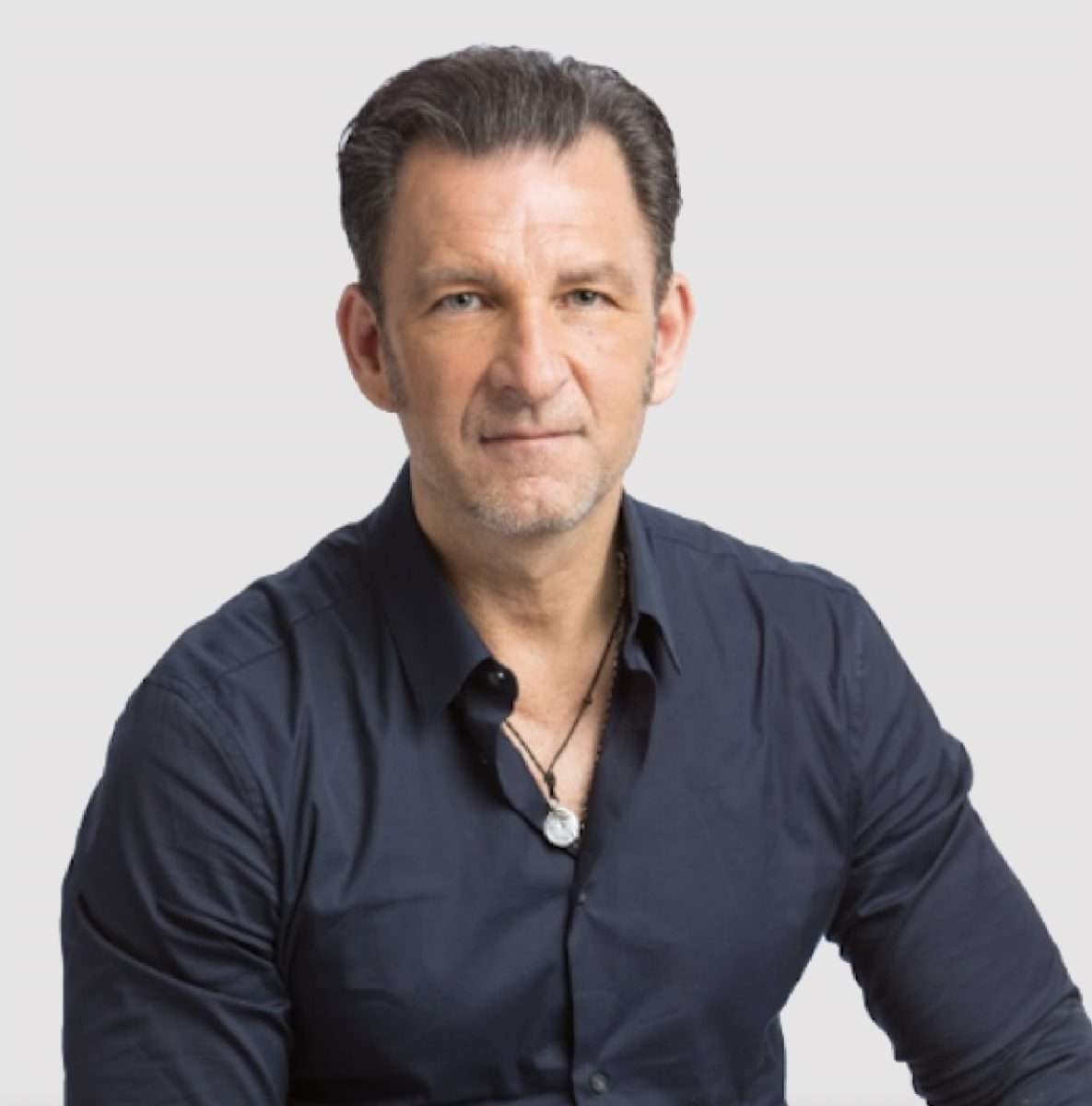Are we missing the true signals our kids’ brains are sending about ADHD, autism, and behaviour?
In this episode of the Where Parents Talk podcast, host Lianne Castelino speaks to Dr. Robert Melillo—renowned clinician, researcher, and expert in childhood brain development. The discussion explores the growing rates of conditions like ADHD and autism.
Drawing on over 30 years of experience, Dr. Melillo explains how many of these challenges stem from functional brain imbalances rather than genetic factors. He shares non-medication-based strategies and early intervention insights that can help parents support their child’s development and emotional well-being.
A father of three, including a neurodiverse child, Dr. Melillo offers practical tools and renewed hope for families navigating neuro-developmental disorders.
Key Takeaways:
- The rising rates of childhood neuro-developmental disorders like ADHD and autism highlight the need for deeper understanding and better intervention methods.
- Dr. Melillo emphasizes that subtle brain imbalances, rather than just outward behaviours, often underlie learning and behavioural difficulties.
- Effective solutions go beyond medication—taking a holistic, brain-based approach helps identify and address root causes.
- Early recognition of developmental delays is essential, as they can indicate neurological imbalances and wider cognitive challenges.
- Hormonal changes combined with increased screen time can greatly impact children’s emotional health, making mindful, tech-aware parenting more important than ever.
 DR. ROBERT MELILLO
DR. ROBERT MELILLO
Clinician
Developmental-behavioural Functional Neurologist
Professor
Researcher
Speaker
Expert, childhood neurological disorders
Creator, Brain Balance program
Creator, The Melillo Method®
“one of the things I came across early on in the research was this concept of unevenness of skills meant that kids with ADHD or other neuro-developmental disorders like autism or Tourette’s or dyslexia, that they weren’t delayed or behind in everything. In fact, they were often exceptional at certain things, that they were really good at certain things, and then struggled with others. So right from the beginning, with a rehab mentality, right from the beginning, that sounded like some sort of imbalance to me.”


